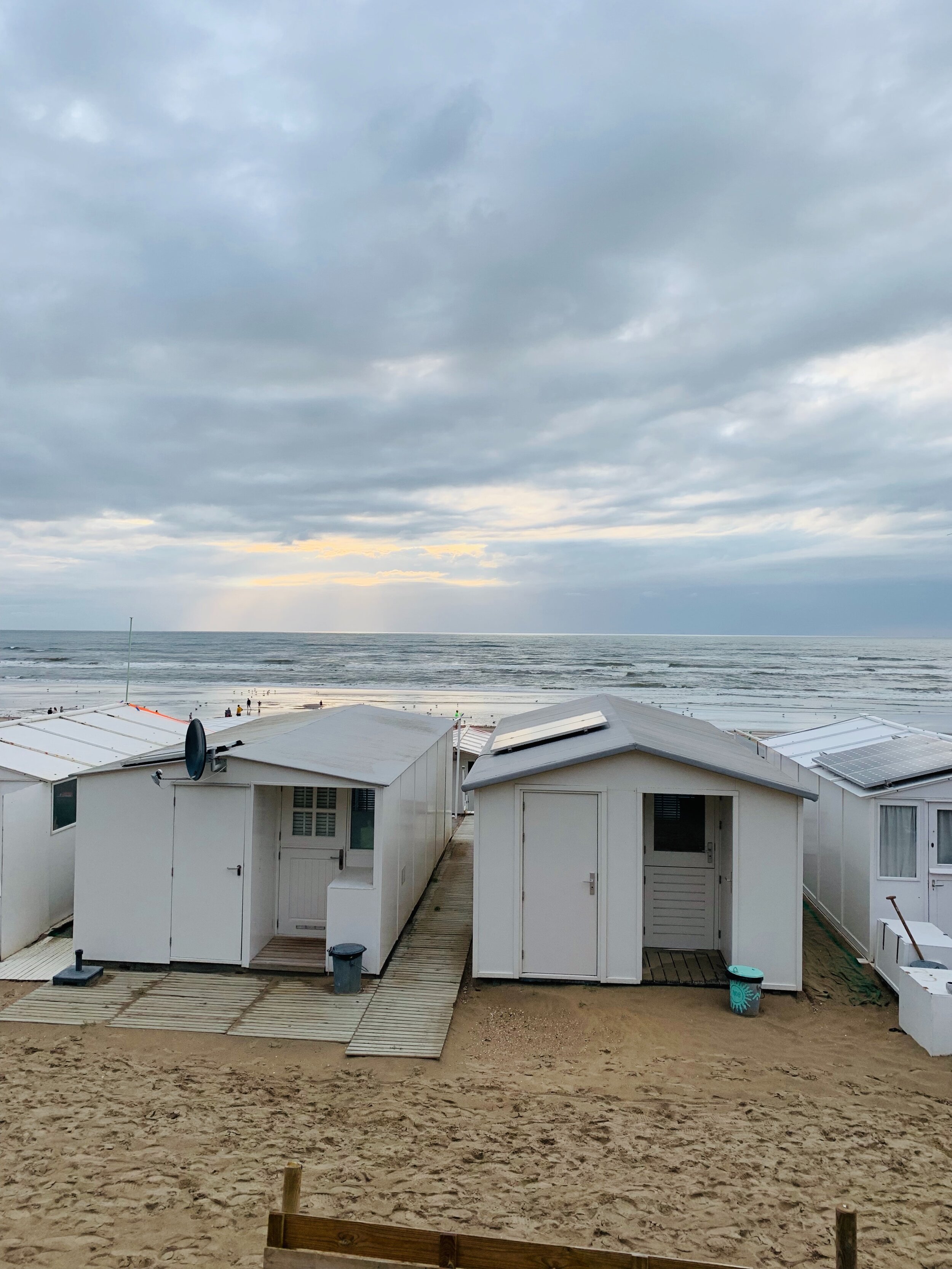aBOUT Us
The Center for Pacific Urbanism is a 501(c)3 non-profit charitable research organization guided by the principles of social equity, environmental justice, and community economic development. The focus of the organization is the assembly and analysis of empirical data related to demographics, land use, economics, transportation, housing and homelessness, energy, water, and the environment. Our five main objectives are:
Community driven supply, maintenance, and governance of the built environment and essential infrastructure,
Analysis of empirical data germane to the guiding principles,
Public education in regards to observed trends,
Policy evaluation, and
Community economic development.
What we do is serve communities throughout California as a resource for the creation of data driven, multidisciplinary planning support tools that specifically further equity, public health, safety, and welfare of all peoples.
For example, our data collection and spatial analysis of potential historic preservation resources in the Venice area of Los Angeles, California identified an underrepresentation in Census tracts populated by African American and Hispanic households. The Center for Pacific Urbanism provided planning support tools to local community members in the form of demography, land use data analyses, and alternative land use scenario evaluations. With the aid of our planning support tools, local community members in Venice have coalesced in a grassroots manner to engage with government agencies and elected officials in order to further their aims.
A second example involves the identification of sufficient government owned land that is adequate for the location of emergency off-street shelters for the homeless population of Los Angeles County. Using spatial analyses of public datasets from the Los Angeles County Office of the Assessor, the office of the Los Angeles City Controller, building footprint and topographic data, the Center for Pacific Urbanism identified and ranked sufficient underutilized, publicly owned land, while excluding schools and areas within airport buffer zones. A standard acre site plan was prepared. The analyses and maps were included as exhibits in the case of LA Alliance for Human Rights versus City of Los Angeles and County of Los Angeles. The plaintiffs seek an omnibus agreement with the City and County to provide shelter throughout with detailed processes about siting.
Some of the topics in which we engage include:
Policy Evaluation
Evaluate existing or proposed policy from local jurisdictions, agencies, and departments which manage the development of the built environment.
Demographics
Analyze historical trends through population demographics to gauge fairness and equity from the results of policy.
Modeling & Projections
Create conceptual models and project data trends into the future to verify expected results of policy decisions and their effectiveness.
Housing Production
Study the relationship between land use and zoning policy, local decision-making processes, and the rates of housing production for a community.
Land Use Planning
Assess former, existing, and proposed land use plans in order to determine best practices for local and regional development.
Environmental Justice
Explore how regional policies influence which communities are adversely affected by extended commute times, greenhouse gas emissions, water quality, and related environmental problems.
Homelessness
Examine how homelessness is exacerbated or mitigated through public decisions regarding housing policy and supportive services.
Spatial Analyses
Utilize public data and geographic information systems to visualize and understand data trends across any given space.
Community Economic Development
Use price analyses to investigate how communities develop economically and which policies support or hinder prosperity.













